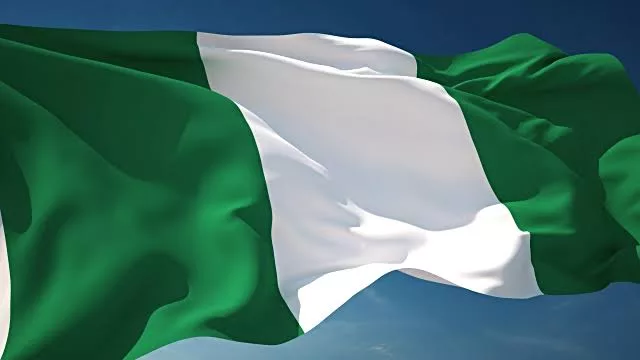National Public Holidays in Nigeria 2024 (Official List)
Last updated on April 30th, 2024 at 01:03 pm
The 2024 calendar is out and shows all national public holiday dates in the country.
As a civil servant or government worker, you would need information on these holiday dates to help you plan your schedule in future.
Since the Federal government can declare any date as a national holiday, its best you are always updated, so as not to loose guard of events in the country.
You should also note that most of these public holidays in Nigeria can be dynamic.
This is noticeable during Islamic festivals where their public holiday dates are mostly determined by the constellation of the full moon.
There are four Christian holidays in the country which are: Easter Monday, Good Friday, Boxing Day and Christmas Day.
There are also 4 Islamic holidays which include: Ramadan, Eid al-Adha, Eid al-Fitr and Eid el Kabir.
Nigeria, a vibrant nation with a rich cultural heritage, honors its diversity through various public holidays.
These special days bring Nigerians together, allowing them to celebrate, reflect, and recharge.
In this article, we’ll delve into the national public holidays in Nigeria for 2024, their dates and how these days are determined.
NATIONAL PUBLIC HOLIDAYS IN NIGERIA FOR 2024
The Federal Government of Nigeria has officially declared the following public holidays for its 2024 calendar:
- New Year’s Day: January 1 (Monday) – Marking the beginning of a new year on the Gregorian calendar.
- Good Friday: March 29 (Friday) – A Christian holiday commemorating the crucifixion of Jesus Christ.
- Easter Monday: May 1 (Monday) – A Christian holiday celebrating the resurrection of Jesus Christ.
- Id el Fitri: May 10-11 (Wednesday-Thursday) – A Muslim holiday marking the end of Ramadan, the month of fasting and prayer.
- Workers’ Day: May 1 (Wednesday) – A secular holiday honoring the labor movement and workers’ rights.
- Democracy Day: June 12 (Wednesday) – A secular holiday celebrating the return of democracy in Nigeria.
- Id el Kabir: June 16-17 (Sunday-Monday) – A Muslim holiday commemorating the willingness of Ibrahim (Abraham) to sacrifice his son Ismail (Ishmael).
- Id el Maulud: September 15 (Sunday) – A Muslim holiday celebrating the birthday of Prophet Muhammad, the founder of Islam.
- Nigeria Independence Day: October 1 (Tuesday) – A secular holiday marking Nigeria’s independence from Britain in 1960.
- Christmas Day: December 25 (Wednesday) – A Christian holiday celebrating the birth of Jesus Christ.
- Boxing Day: December 26 (Thursday) – A Christian holiday traditionally marked by gift-giving and charity.
HOW ARE PUBLIC HOLIDAYS DETERMINED IN NIGERIA?
The Federal Government of Nigeria, through the Minister of Interior, has the authority to declare public holidays by law or executive order.
The government usually announces holiday dates in advance and may adjust or modify them as needed.
Some holidays are fixed, while others vary based on the lunar or solar calendar.
The government also consults with religious authorities and experts to determine the dates of movable holidays.
CONCLUSION
Nigeria’s public holidays reflect the country’s diverse cultural and religious heritage.
These special days bring Nigerians together, allowing them to celebrate, reflect, and recharge.
By understanding the significance of these holidays, we can plan ahead so as to observe these rest days in Nigeria.



